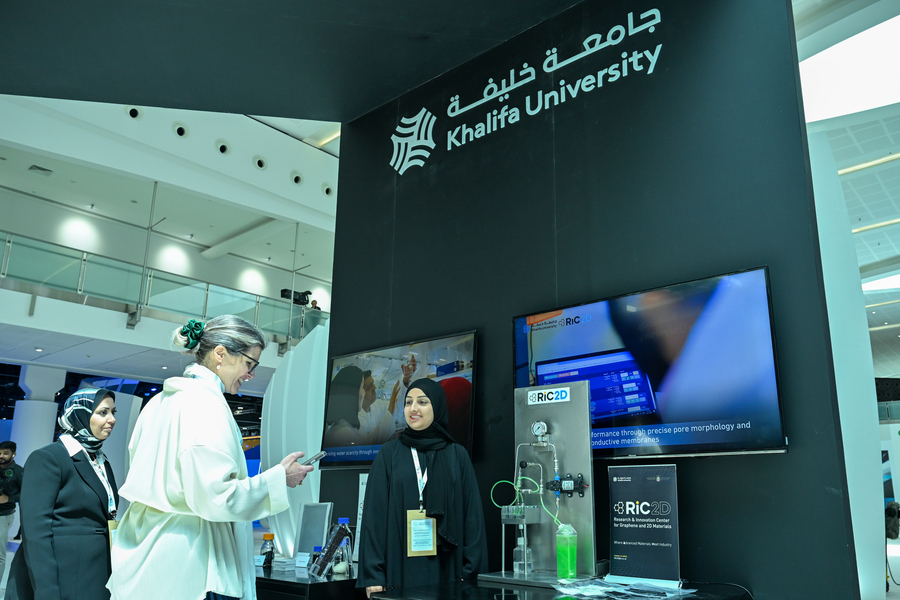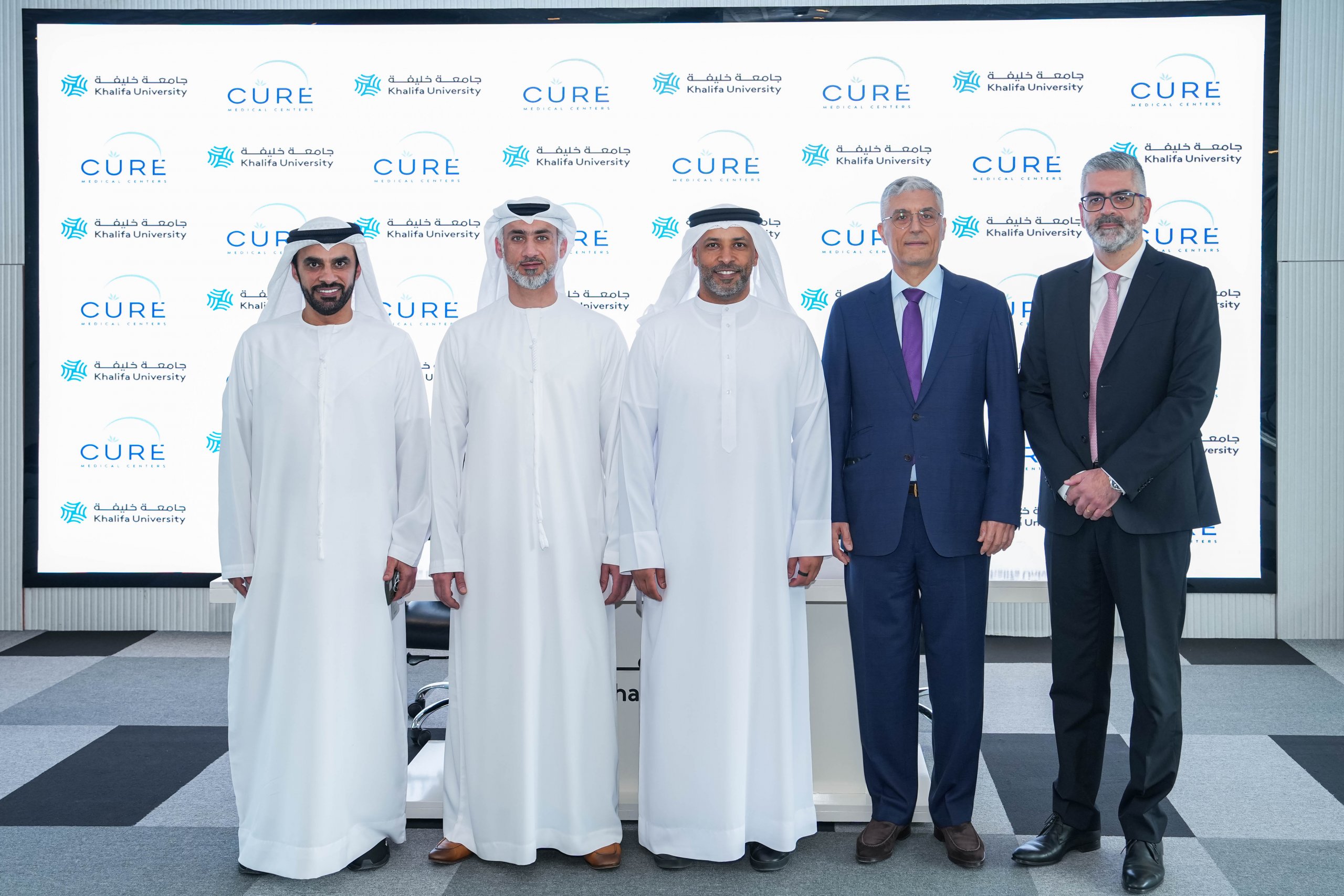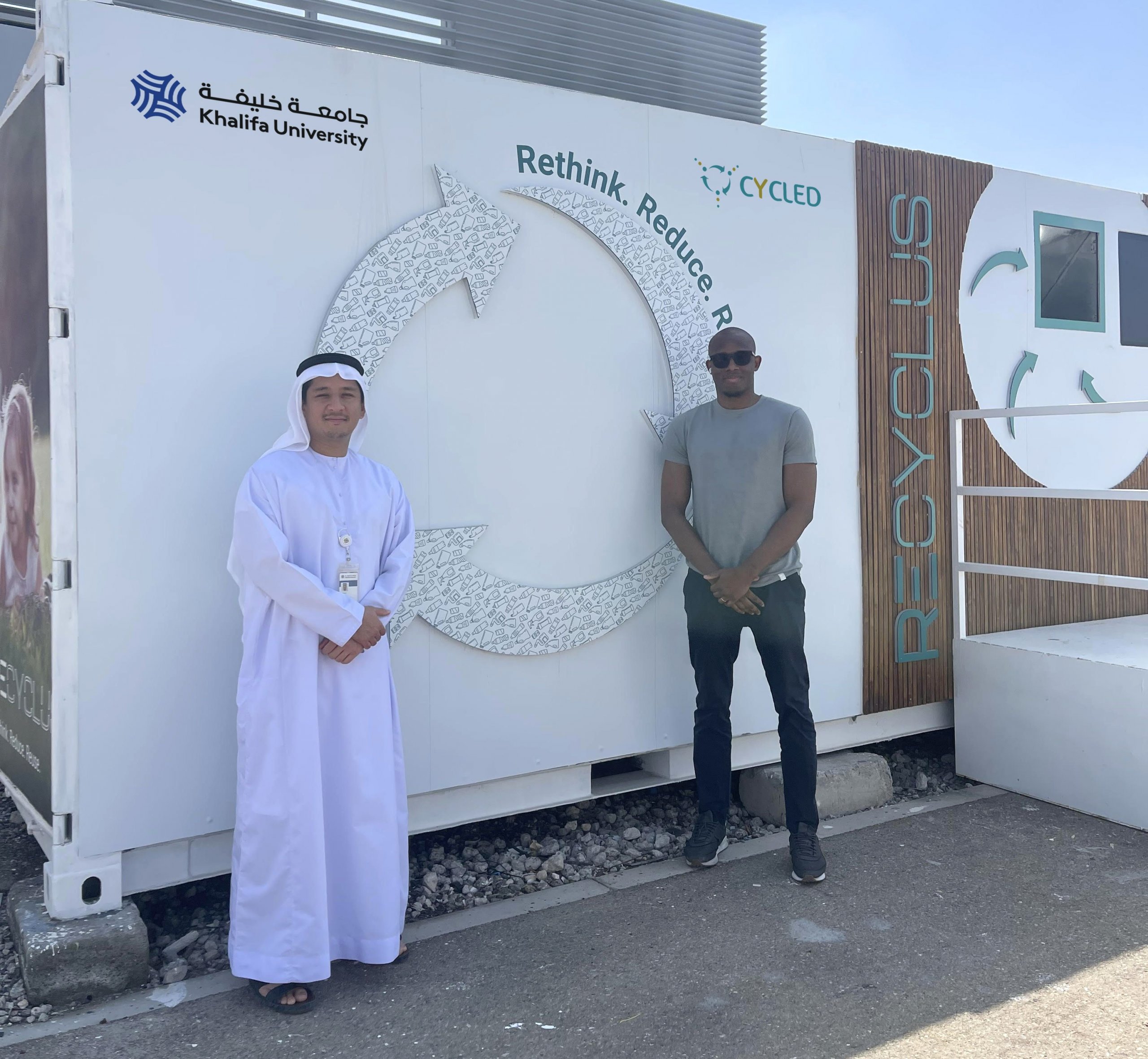Book Compiled by Emirates Center for Strategic Studies and Research Offers Insights into GCC Region’s Rising Future Demand for Electricity
Abu Dhabi-UAE: 24 September, 2012 – The need for energy conservation and reducing the anticipated rise in demand through modern technology has become all the more necessary following the projected total demand of 391GW in the Middle East by the year 2028 from the current level of 292GW, according to a book compiled by the Emirates Center for Strategic Studies and Research (ECSSR).
Published by ECSSR, the book titled ‘Future Gulf Energy Sources: Hydrocarbon, Nuclear or Renewable?’ states that rapid expansion of commercial and industrial base has led to a massive increase in the demand for electricity. Therefore, the GCC countries are required to adopt energy conservation measures and increase investments in alternative energies and sustainable technologies, it points out.
Commending the role of Masdar Institute and the Masdar initiative, a paper by His Excellency Dr. Baker Ben Hamza Khachim, Adviser of Electricity and Energy Affairs, Saudi Arabia, refers to the research work being done on solar energy at the research-based institution and the ambitious efforts to set up a major solar power project in the UAE. The book is available for reference at the Masdar Institute Library.
The book is a valuable collection of papers presented at the 13th Annual Gulf Energy Conference focusing on ‘Future Gulf Energy Sources: Hydrocarbon, Nuclear or Renewable?’ and was organized by ECSSR in 2007. The papers were presented by experts such as His Excellency Ali Abdullah Al Owais, UAE Undersecretary of Energy for Electricity and Water, Dr. Naif Mohammed Al-Abbadi, Associate Research Professor and Director of the Energy Research Institute (ERI) at King Abdulaziz City for Science and Technology (KACST), Saudi Arabia and Chairman of the Steering Committee of the Saudi National Energy Efficiency Program (NEEP), and Luis Echavarri, Director-General of the Organization for Economic Co-operation and Development Nuclear Energy Agency (NEA).
Additionally, the book comprises papers from Dr. Saleh Almana’a, Professor of Political Science at King Saud University, Dr. Wahib Nasser, Professor of Applied Physics and Dean of the Faculty of Science, University of Bahrain, Dr. Nasser Al Nasser, specialist in the field of sustainable buildings construction of the University of Reading in the UK, Dr. Ibrahim Dincer, Professor of Mechanical Engineering, University of Ontario, Canada, Dr. Kenneth Katzman, senior analyst of Iran, Iraq, Afghanistan and Arabian Gulf Affairs at the Congressional Research Service, and Dr. Salim Al Rahman, Interim Director of the Center of Excellence in Renewable Energy Research, at King Fahd University of Petroleum and Minerals.
Dr. Abdullah Al Hefeiti, Director of Library at Masdar Institute and Chairman of the UAE Academic and Research Library consortium, said: “The book on energy demand in the GCC and other academic resources at our library aim to offer rich insights into the future of the regional energy sector. Such records also keep the students informed on the need to seek solutions including investments in renewable energy and innovations in advanced technologies. We hope students will make use of these resources for academic advancements as well as research and development.”
His Excellency Dr. Jamal Sanad Al-Suwaidi, Director-General of ECSSR, said: “The book is a compilation of research papers tackling a host of topics including future energy demand, the importance of reducing energy requirement, nuclear energy and management of the region’s oil and gas resources. The role of Masdar Institute and Masdar is commended by several regional and international experts who are quoted in the book. The special insights offered by experts are enriching and we hope the book will prove beneficial to professionals as well as students of advanced energy and sustainable technologies.”
The book reviews in-depth the absolute need for an increase in the power generation capacity over the next few years in the GCC to support economic and social development. Pointing out that the GCC region is classified among the highest in the per capita consumption of energy, the book refers that individual energy intake and waste will have to be reduced.
The book begins with the article by His Excellency Ali Abdullah Al Owais, who believes that the GCC States should participate in global efforts that aim to strengthen the role of alternative energies and renewable types. In his opinion, the GCC region has to take advantage of the solar energy because of the sun’s irradiation throughout the year, which may open up new horizons for the use of solar power and become one of the most important alternatives to conventional energy. His Excellency Al Owais calls solar power ‘an inevitable strategic choice’.
Luis Echavarri, Director-General of the Organisation for Economic Co-operation and Development’s Nuclear Energy Agency (NEA), observes that the current situation offers opportunities for the development of nuclear energy to complement fossil fuels and renewable sources of energy. Echavarri points out that the GCC can think of the nuclear option as an alternative to fossil fuels in order to diversity power supply and maintain its status as oil exporters. However, he urged that the GCC must be ready to build adequate infrastructure, including development of human resources through education and training.
According to Dr. Saleh Almana’a there is clear trend in the GCC to adopt the option of a peaceful nuclear source of energy and water desalination, due to the fact that energy generated by nuclear plants is about 30% cheaper than by conventional sources. He recommends small N-plants for scientific research in order to provide the region with the capability to enhance scientific research, while mentioning that such small nuclear plants will have lighter political and strategic implications than the adoption of large-scale facilities.
Dr. Wahib Nasser and Dr. Nasser Al Nasser emphasize on the need to take advantage of clean technology and reducing emission to save oil and gas. They recommend construction of sustainable buildings integrated with photovoltaic equipment, as well as focus on research and development to invent tools and commercial renewable energy technologies.
Dr. Ibrahim Dincer urges on the transition from a fossil fuel economy to the adoption of renewable energy sources, while stressing the importance of education and training. Dr. Salim Rahman, Interim Director of the Center of Excellence in Renewable Energy Research Center at the King Fahd University of Petroleum and Minerals in Saudi Arabia, states that GCC countries have enough resources to enhance knowledge or generate intellectual properties in the field of alternative energy. He makes a special mention of Masdar Institute and the Masdar initiative.
The book concludes that the GCC countries need to a systematic and comprehensive energy strategy to prioritize the use of energy, reducing consumption to maximize benefits from production. Moreover, it emphasizes that the region has to study the potential for the implementation of feasible and effective solutions in order to benefit from the available renewable energies, such as solar and wind sources.
Established as an on-going collaboration with the Massachusetts Institute of Technology (MIT), Masdar Institute integrates theory and practice to incubate a culture of innovation and entrepreneurship, working to develop the critical thinkers and leaders of tomorrow. With its world-class faculty and top-tier students, the Institute is committed to finding solutions to the challenges of clean energy and climate change through education and research.






